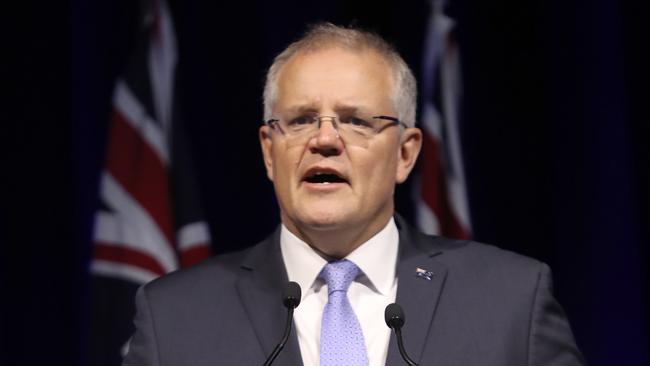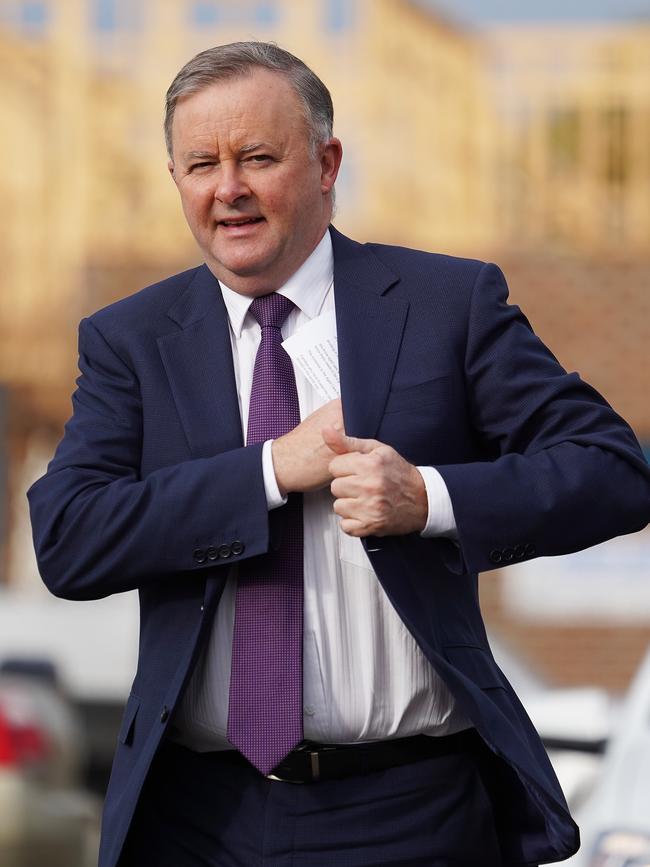
It will also serve as a reminder to Coalition MPs that there are only two seats that separate government from opposition and that Labor is not without reach to mount a reasonable political contest.
That said, while the latest polls shows a slide since the first Newspoll since the election, conducted at the end of last month, the fundamentals remain strong for the government.
The primary vote of 42 per cent remains slightly higher than it was at the election. The last time prior to the May 18 election that it had a four in front of it was in 2016.
Scott Morrison remains leaps ahead of his rival as the preferred prime minister and by as much as any PM has been over a rival in years.

Despite his personal approval ratings coming off since the last poll — as buoyant as it was following the passage of the income tax cuts — satisfaction with his performance remains ahead of where Morrison was prior to the election.
At worst, the polls may reflect a rather messy week for the PM in Tuvalu, where he was towelled up daily by a host of regional leaders over climate change. (Some may argue this should have improved his stocks.)
It’s equally likely to be a reflection of a return to situation normal where voters, nervous about the economy and their own circumstances, have shifted back to a default position of not being too enthusiastic about Canberra.
For Labor there is both good and bad news in the latest poll.
Anthony Albanese’s personal numbers are heading in the right direction. Using the measure of net satisfaction, Albanese has a number of positive seven.
This means slightly fewer people dislike him than like him. This may not seem extraordinary but for Labor over recent years it has certainly not been the norm.
It may come as a relief for Albanese, with Labor MPs fearing that the opposition was at risk of falling further out of touch with voters.
What won’t soothe anxieties, however, is Labor’s primary vote. At 34 per cent, popular support for Labor has barely moved since the election.
And no Labor MP will need reminding that the primary vote of 33.3 per cent was the lowest recorded at an election since 1934.




A tightening in the polls shows just how extraordinary Scott Morrison’s election victory was and how fleeting political honeymoons can be.